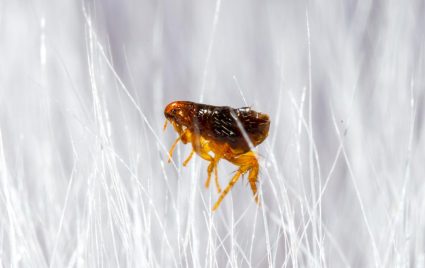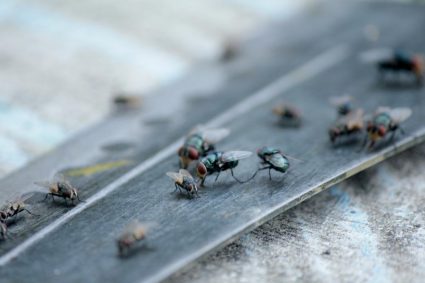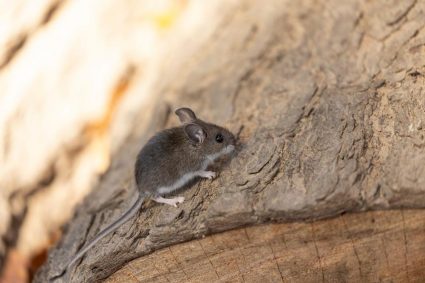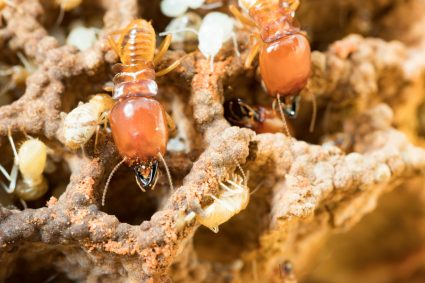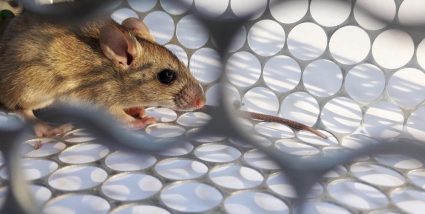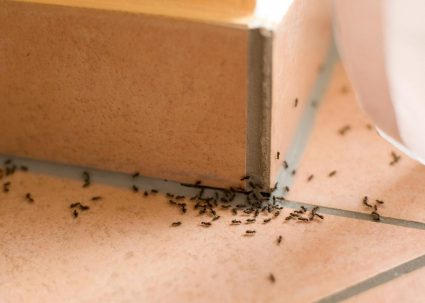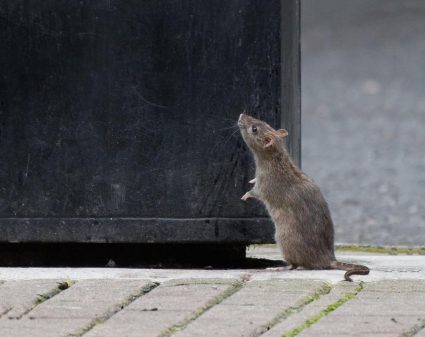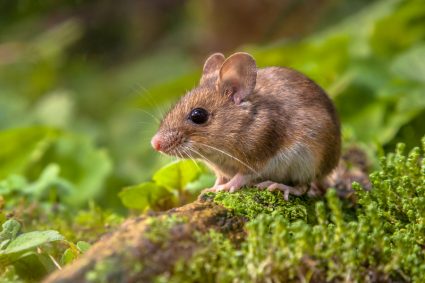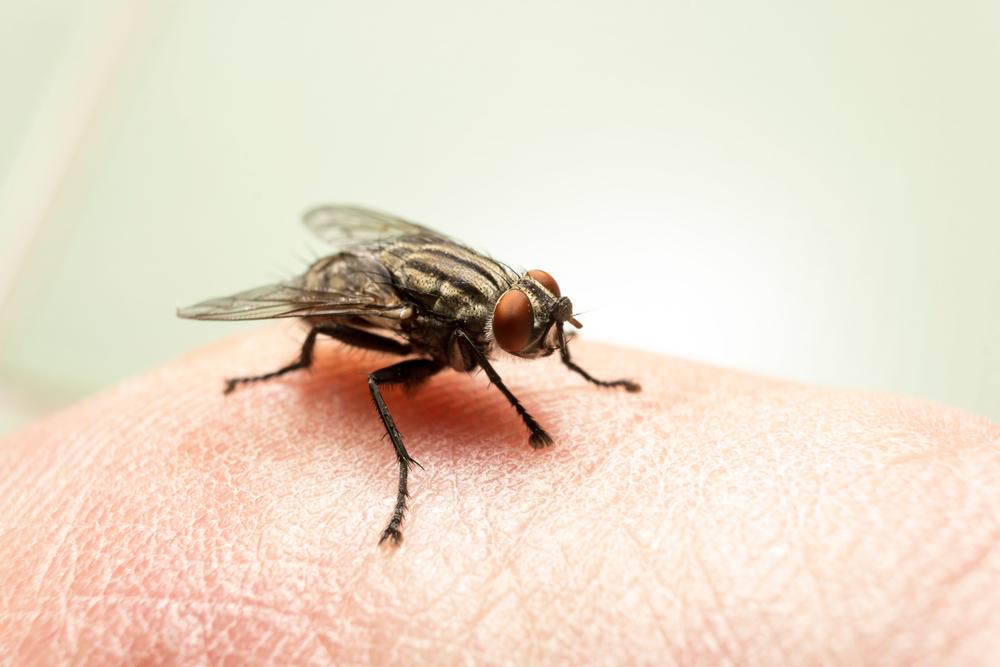
When it comes to dealing with a fruit fly infestation, one common question that arises is, “Does vinegar kill fruit flies?” The answer is a resounding yes. Vinegar, specifically apple cider vinegar, is an effective home remedy for eliminating fruit flies. In this comprehensive guide, we’ll explore how vinegar kills fruit flies, the science behind it, and how to use vinegar effectively to rid your home of these pesky insects.
Yes, vinegar, especially apple cider vinegar, does kill fruit flies. It attracts them due to its fermentation smell, similar to their primary food source. By creating a simple vinegar trap, fruit flies enter but cannot escape, leading them to drown. This method, in conjunction with proper sanitation and prevention measures, can effectively reduce fruit fly populations.
The Science Behind Vinegar’s Effect on Fruit Flies
Vinegar, or acetic acid, is the ultimate product of the fermentation process in fruit. Fruit flies are attracted to the odor of vinegar because it signals the presence of fermenting fruit, their primary food source.
In the fruit fly brain, there are around 40 glomeruli, and depending on the concentration, vinegar odor activates 6 to 8 of them. A previous study found that the activity of a single olfactory glomerulus, called DM1, could explain most of a fly’s attraction to vinegar. When fruit flies are hungry, their olfactory system processes food odors differently, amplifying the activity of DM1 neurons and thereby increasing their attraction to vinegar.
Types of Vinegar Effective Against Fruit Flies
While there are many types of vinegar available, apple cider vinegar is the most effective against fruit flies. It is more effective than white vinegar because it smells like fermenting fruit, which attracts fruit flies. You can also use balsamic vinegar or white vinegar, though they may be less effective.
How to Use Vinegar to Kill Fruit Flies
To effectively use vinegar to kill fruit flies, you can create a simple trap. Here’s how:
- Pour a little apple cider vinegar into a glass.
- Cover the opening with plastic wrap and secure it with a rubber band.
- Poke a few small holes for the fruit flies to enter.
The fruit flies will be attracted to the vinegar and enter the trap, but they won’t be able to find their way out and will eventually drown. You can also add a few drops of dish soap to a bowl of vinegar, which cuts the surface tension of the vinegar, causing the flies to sink and drown.
Precautions When Using Vinegar to Kill Fruit Flies
While vinegar is a safe and effective fruit fly killer, there are some precautions you should take. Avoid using distilled white vinegar as it is less effective in attracting fruit flies. Be cautious when using vinegar traps around children and pets, as they may accidentally ingest the vinegar or knock over the trap. Also, remember to replace the vinegar every 2-3 days to maintain its effectiveness.
Enhancing Vinegar’s Effectiveness Against Fruit Flies
To enhance the effectiveness of vinegar against fruit flies, consider using other methods in conjunction with vinegar traps. For example, proper sanitation and prevention measures, such as cleaning kitchen surfaces, disposing of overripe fruits, and sealing potential entry points for fruit flies, can help reduce fruit fly populations.
In conclusion, vinegar, particularly apple cider vinegar, is an effective solution for getting rid of fruit flies. While it may not completely eliminate a severe infestation, it can significantly reduce the population and, when combined with other methods, can help you regain control over your home.
Frequently Asked Questions
Can I use other fruits or food items to attract fruit flies?
Yes, fruit flies are attracted to overripe and fermenting fruits. You can use banana peels, tomatoes, melons, squash, grapes, and other sweet, soft, and rotting fruits. However, vinegar is generally more convenient and less messy to use, especially for traps.
Does vinegar kill other types of flies or insects?
Vinegar is not a universal insecticide and may not affect other types of flies or insects. It is specifically effective against fruit flies because they are attracted to the smell of fermenting fruit, which vinegar mimics.
How long does it take for a vinegar trap to kill fruit flies?
Once a fruit fly enters the vinegar trap, it usually drowns fairly quickly. However, the length of time it takes to significantly reduce a fruit fly population with a vinegar trap can vary, depending on the severity of the infestation.
Is there a specific type of dish soap to use in the vinegar trap?
Any type of dish soap should work in a vinegar trap. The purpose of the soap is to break the surface tension of the vinegar, causing the fruit flies to sink and drown.
Can I use vinegar sprays to kill fruit flies?
While vinegar sprays can kill fruit flies on contact, they are not as effective as vinegar traps for controlling an infestation. Sprays require you to see and directly hit the flies, while traps work continuously and can catch flies that you don’t see.

